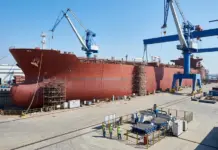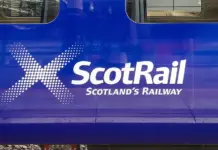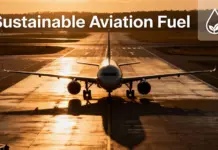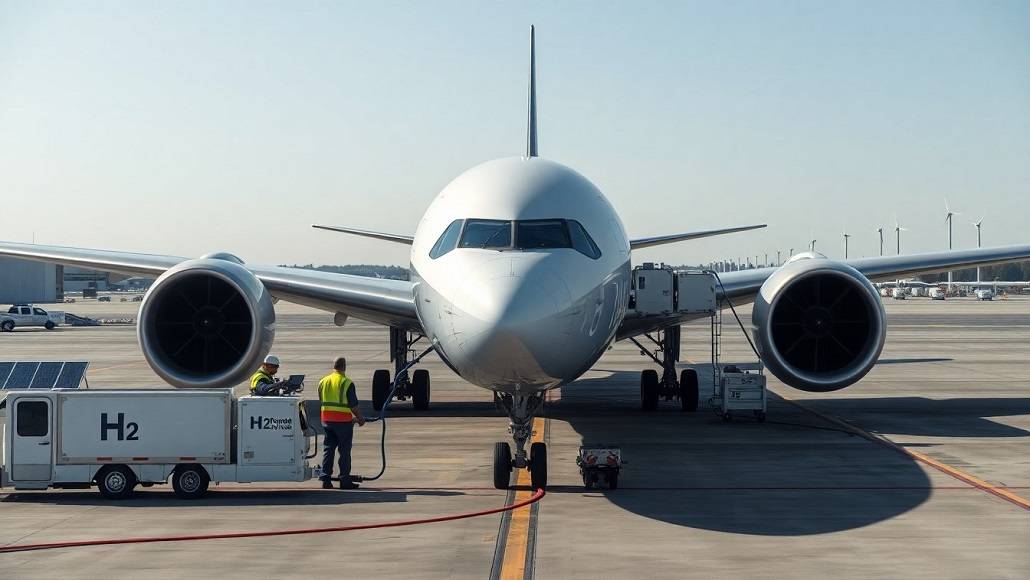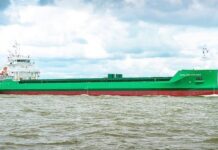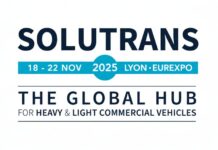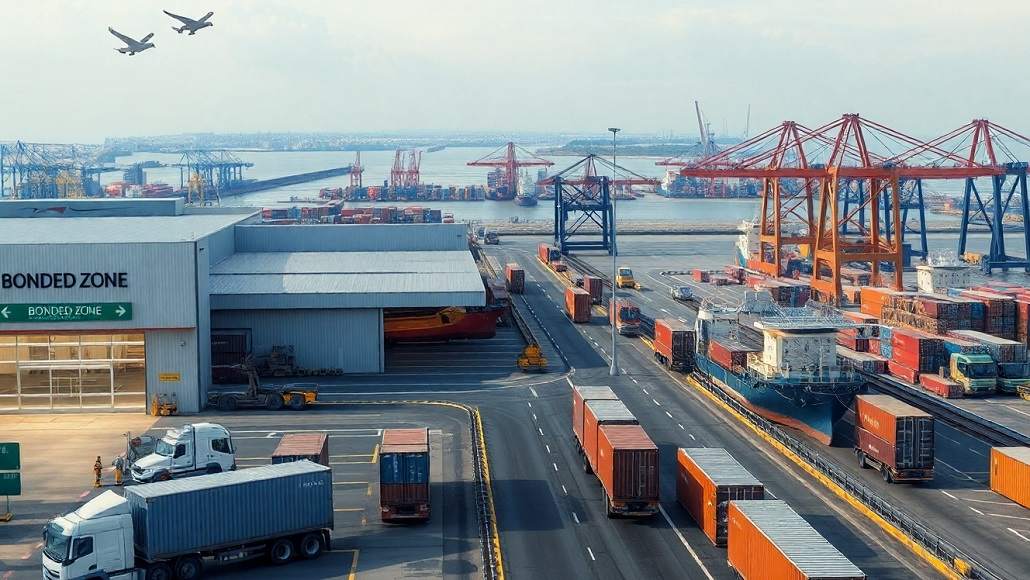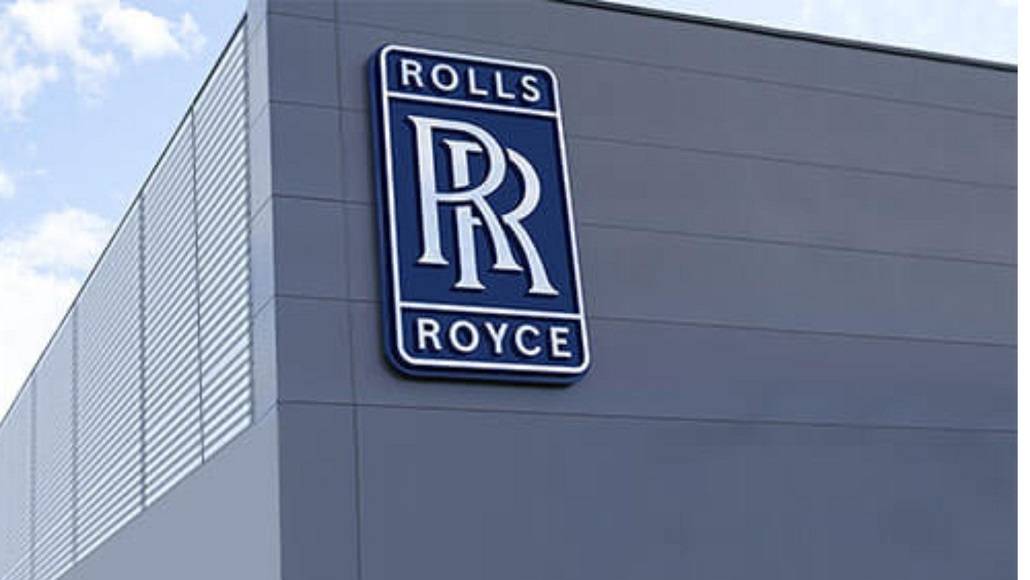Rolls-Royce has taken the lead in a new initiative aimed at advancing the use of sustainable aviation fuel (SAF) to make it more efficient in cutting non-CO2 emissions, particularly those linked to contrail formation.
The Quantifying Reduction in Thermal Contrails by Optimising SAF (QRITOS) project, Co-funded through the Non-CO2 Programme under the ATI Programme brings together Rolls-Royce, British Airways, Imperial College London, and Heathrow. The collaboration seeks to improve scientific understanding of how SAF can be applied more strategically to mitigate aviation’s broader environmental impact.
While the contribution of SAF to reducing total CO2 emissions across a fuel’s lifecycle is already established, studies tracking aircraft emissions in flight have revealed another potential benefit: SAF may reduce the number of ice crystals within contrails. These thin, high-altitude clouds, which form behind aircraft, are known to contribute to the overall climate effect of aviation.
Right now, the global supply of SAF is still small and mostly mixed with regular jet fuel in low proportions. But in the UK, its use is expected to rise after the national SAF mandate took effect earlier this year. The mandate outlines that SAF must make up 10% of UK aviation fuel by 2030, rising to 22% by 2040.
Because weather conditions vary constantly, contrails form only under specific atmospheric circumstances, meaning that a small proportion of flights are responsible for most of the potential climate impact. This presents an opportunity for more targeted deployment of SAF. The QRITOS project will put this idea to the test at Heathrow, one of the world’s busiest airports. It will use data from British Airways flight trials along with modelling and satellite tracking to see how targeted SAF use affects contrail formation.
According to project partners, QRITOS project will demonstrate that prioritising certain flights for SAF use could maximise the environmental benefit of the limited fuel supply available today. The initiative also supports broader work under the Non-CO2 Programme, which addresses emissions beyond carbon dioxide as detailed in the ATI’s Non-CO2 Technologies Roadmap. The programme is delivered by the Aerospace Technology Institute, Department for Business and Trade (DBT), and Innovate UK, alongside the Department for Transport (DfT) and the Natural Environment Research Council (NERC).
Industry Minister Chris McDonald said: “This is government and business working together at its best, and I look forward to seeing how this Rolls-Royce project can help keep UK industry at the forefront of the race for sustainable aviation.
“We’re bolstering our support for the aerospace industry through our modern Industrial Strategy – giving business the confidence it needs to invest in UK advanced manufacturing and delivering on growth as part of our Plan for Change.”
The two-year QRITOS project, set to conclude in April 2027, will also strengthen forecasting capabilities, enhance modelling of contrail behaviour, and develop verification methods using satellite data.







